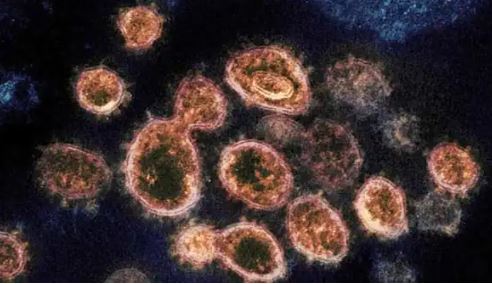Kerala, Dec 16 (Times of India) – A case of JN.1, a sub-variant of COVID-19 that’s currently spreading in the US and China, has been found in Kerala as part of the ongoing routine surveillance by INSACOG (Indian SARS-CoV-2 Genomics Consortium).
According to Dr Rajiv Bahl, DG, ICMR, the case was detected in a RT-PCR positive sample from Karakulam, Thiruvananthapuram, Kerala on December 8. The sample tested RT-PCR positive on November 18.
The patient had mild symptoms of Influenza Like Illness (ILI) and has since recovered. The Union Health Ministry is in touch with the state health authorities and monitoring the situation at points of entry.
In fact, a mock drill is being held at all health facilities across various states through district collectors as part of a regular exercise to assess their public health and hospital preparedness measures.
The drive will be completed by December 18. There has been an increasing trend of COVID-19 cases from Kerala over the last few weeks. This has been attributed to an increase in the number of samples from ILI cases being referred for testing.
A majority of these cases are clinically mild and recovering on their own at their homes. Although the number of COVID-19 cases has generally remained low across the world this year, a marginal increase has been noted in early December as per the dashboard maintained by the World Health Organisation (WHO).
Cases of JN.1 in several countries ahead of the holidays, particularly the spike in the US, China and Singapore, have led to people wondering whether there could be a surge. The sub-variant, however, is not entirely new and has been detected in small numbers in many countries for several months now.
The sub-variant JN.1 is a close relative of the BA.2.86 variant, commonly referred to as Pirola. It carries just one additional mutation in the spike protein as compared to its relative. Pirola was on the watchlist of scientists as a “variant of interest” because of more than 39 mutations it carried on the spike protein as compared to its predecessor. Mutations on the spike protein of Sars-CoV-2 are important because they are the ones that attach to receptors on human cells and allow the virus to enter it.





























































